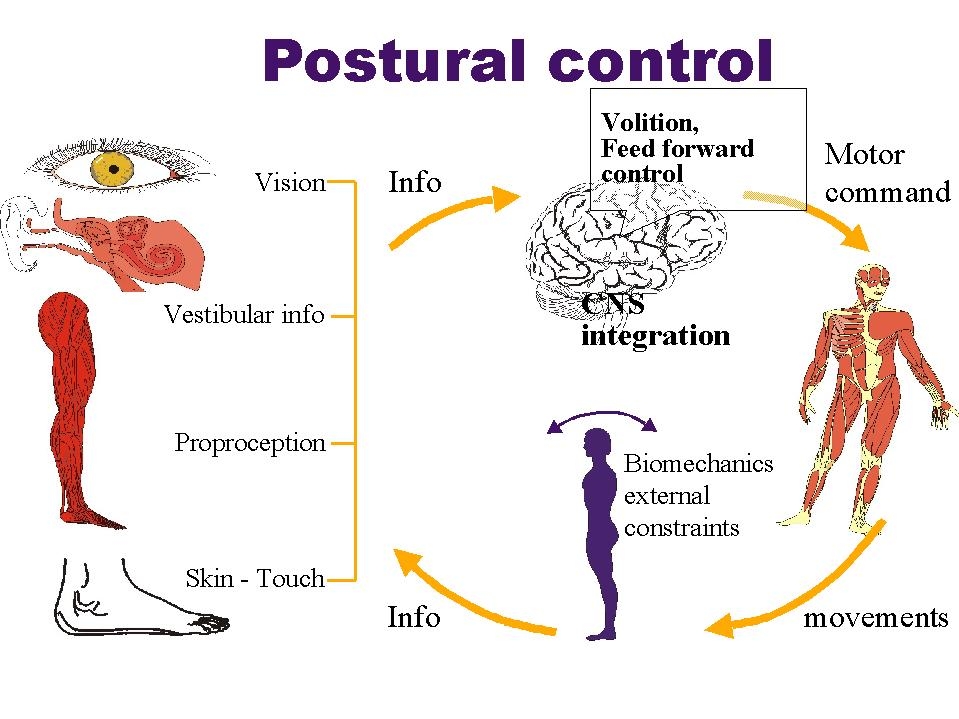Postural Hypothesis and Postural hypothermia
Postural hypotension, also known as postural hyperpnea, is a condition wherein you are unable to maintain proper blood pressure levels throughout your body because of the various effects that it causes on the body. This condition has varying degrees of severity, from minor inconveniences like dizziness to more serious conditions such as a heart attack.
The postural hypotensive occurs when you suddenly stand up suddenly from lying down or sitting. The sudden rise in pressure from lying down can cause the blood vessels around your chest to contract, making your heart pump harder, which can also lead to your heart pumping too fast. The postural hypotensive can sometimes make you dizzy, lightheaded, or even fainting and in extreme cases can even cause you to fainting.
In some mild cases, this condition can be caused by muscle cramps, coughing, or even sneezing. In these cases, you will need to take immediate action to prevent the situation from getting worse and to get it under control. If the condition becomes serious, you should seek immediate medical attention because the condition can very well be life-threatening. Postural hypotension affects the brain and nervous system very much like an irregular heartbeat, so it is important that you learn as much as possible about this condition, especially if a family member has it.
There are many different ways to prevent this condition, but not all of them are as simple as taking prescription drugs. One of the simplest and most common ways to combat postural hypotension is with simple exercises. If you can schedule a few brisk walks on a regular basis, you will greatly reduce your chances of postural hypotension. During your workouts, be sure to do stretching exercises that you know will get your muscles in good shape, as well as a few cardio workouts to strengthen your heart.
Of course, another way to combat this condition is to actually do some kind of exercise. While it can be difficult for many people to play sports at first, they soon get used to the benefits. Some of the more common exercise methods you may want to consider include walking, jogging, swimming, cycling, or even walking in the park. All of these exercise methods help speed up your heart rate and keep your body moving.

Postural hypotension and stress are also related. Many people suffer from postural hypotension due to excessive stress in their lives. If you find yourself constantly feeling dizzy or dizzy while working or doing other activities, you may have problems with postural hypotension, so you should make sure that you are participating in stress management exercises or receiving any relaxation techniques. for relaxation techniques.
Postural hypoemia is also a symptom of certain medical conditions, so be sure to check with your doctor if you experience any symptoms. In many cases, this condition is simply caused by some kind of infection. For example, if you suffer from a sinus problem, you can use a nasal spray or over-the-counter nasal spray to relieve symptoms.
Postural hypotemia doesn't necessarily mean that you need to seek medical attention, but it is very important that you make sure that you don't have this condition because of any underlying condition. as it could cause serious issues and lead to a bigger issue.
Postural hypotemia can be a real problem for many people. It's not something that they should have to live with. When you're experiencing the symptoms of this condition, it is important that you find the cause and try to find some way to fix the situation. If you don't know what the cause is, then you need to make sure that you ask your doctor for a referral, and make an appointment to discuss this problem further.
Symptoms of postural hypotemia can include a feeling of lightheadedness or dizziness when you stand up, walking, or even going about your day. While these symptoms may seem like nothing, in reality they could be a sign of something more serious. so be sure that you talk to your doctor if you think you're having symptoms of postural hypotemia.
Exercise and other forms of physical activity can help a lot. Exercise has been known to help a lot of people and help them get back to a healthy life. If you're having problems with your legs or your breathing, then you need to make sure that you're trying to improve your circulation, and make sure that you're always doing your best to improve your health.

